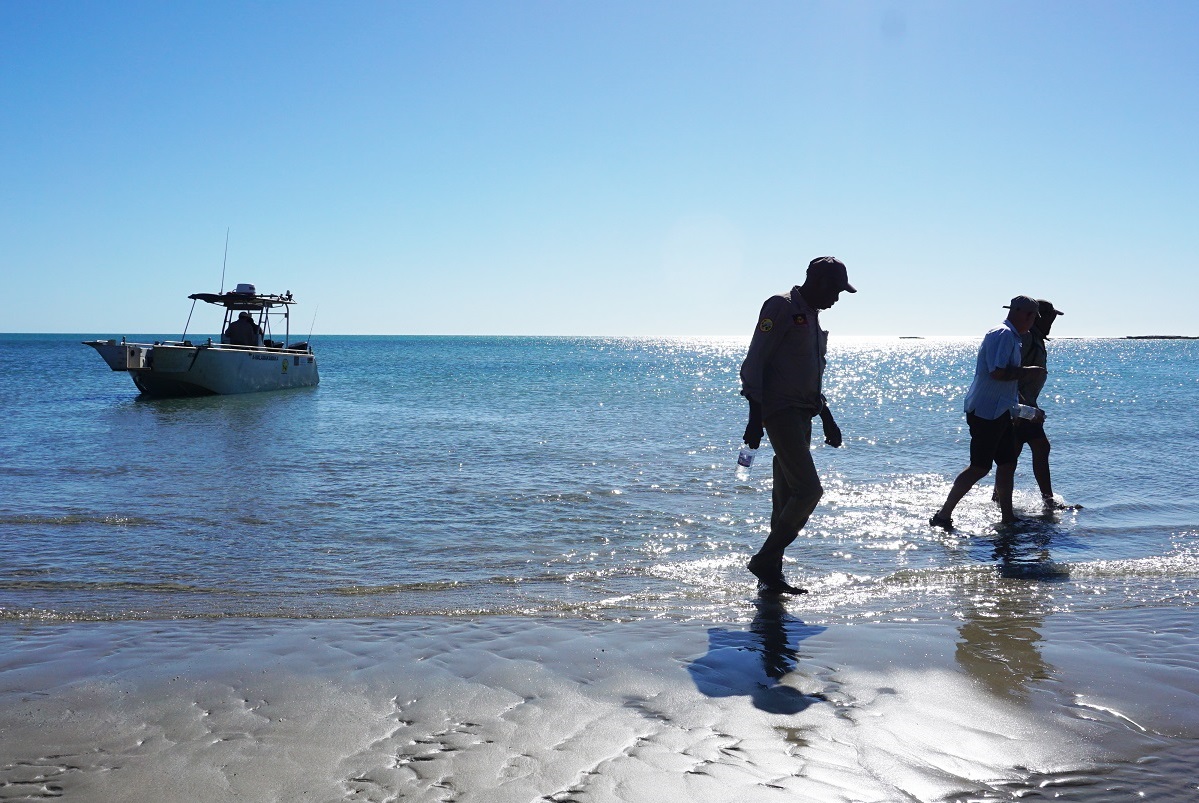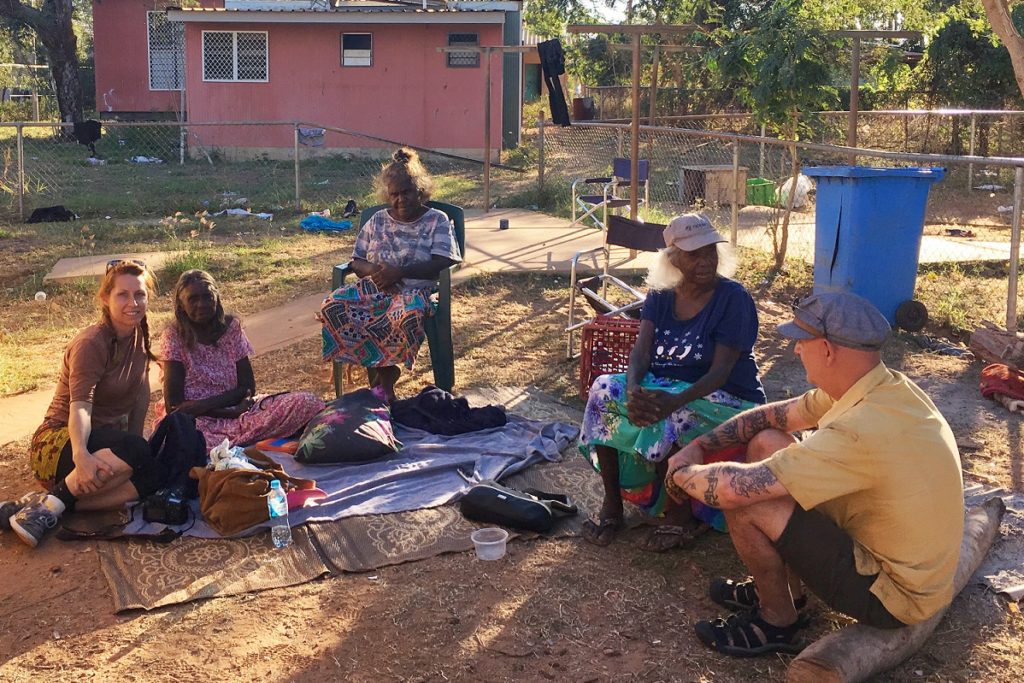
Consistent with this year’s NAIDOC theme of working together for a shared future, a new Flinders University research initiative is placing Indigenous nation building within a broader scope, enlisting a multi-disciplinary approach to understand and shape a better Australia.
Led by Matthew Flinders Fellow Professor Amanda Kearney, the ‘Ethical Futures Australia: Identity, Citizenry and Belonging’ research theme will explore the current state of Australian society, where it has come from and where it is heading.
The program replaces and expands on the University’s previous Indigenous Nation Building research theme.
Professor Kearney says taking a broader scope to an ethical future brings in myriad issues that are interwoven.
“It’s valuable to take our ethical conversation into a bigger space, one that implicates all of us, and which takes it away from individual plights, raising bigger questions. Being in better relations with one another, but also in better relation with our environment, is something many Australians are striving for,” she says.
“We expect that this approach, including international perspectives, will shed new light, shape new ideas and encourage collaborative approaches to the ethical issues that plague our nation.”
Indigenous studies, history, archaeology, politics, gender studies, performing arts, environmental management and migration studies are just a selection of the fields hoped to be included under the umbrella.
A practical application is Professor Kearney’s own research with Indigenous communities, focusing on land rights and land security for Australian Aboriginal communities.

Professor Kearney has just returned from Borroloola, in the Gulf of Carpentaria, Northern Territory, where she met with Yanyuwa families as part of her current ARC funded research project with Associate Professor John Bradley of Monash University.
This trip is the start of many, aimed at documenting the 43-year experience Yanyuwa have had fighting for their lands and waters. They were the first Aboriginal group in Australia to seek land rights under the Aboriginal Land Rights (Northern Territory) Act 1976 and now wish to share this story with all Australians, because it speaks to an ethical future.
The Yanyuwa have fought hard for their land and been successful in getting large parts of their Country back. What this journey has meant for the community, and what it means for the health of Australia’s northern and coastal ecologies, are key aspects of Professor Kearney’s work.
The holistic approach of Ethical Futures Australia aligns with a growing demand for reconciliation and improved outcomes for Indigenous Australians from all sectors of society, together with broadening interest in a range of ethical issues – from the environment to migration and beyond.
“There is a growing awareness that for most people their scope to influence and change the world is localised,” says Professor Kearney. “It is found in everyday interactions, in classrooms, among families, and within communities.
“A key aspect of being in better relations is the ability to be with difference, and to appreciate the ways of knowing that inform and shape this difference – listening to a vast range of stories drawn from diverse lived experiences.”
Professor Kearney says prevailing tensions require re-framing the way we look at the world and ourselves, which can involve diverse fields and disciplines. “There is a great need to apply this to everyday life in Australia and rethink our visions of what the nation is and could become.”
Outcomes are expected to play a significant role in shaping respectful futures for both Indigenous and non-Indigenous Australians – exploring new forms of storytelling, understanding changing ethnic citizenry, and recognising how Australia participates in global conversations around ethical issues.
Ethical Futures Australia will focus on three key challenges:
Reckoning Australia – considering how Australian stories are told and these impacts on society, including examining whose stories we tell, whose we don’t, and exploring new ways of listening and telling intercultural narratives.
Healing nations – better understanding how nations address fraught histories and move into productive futures, with internationally informed research aimed at interventions for improved lives now and into the future.
Changing ethnic citizenry – questioning what it means to be Australian and how our nation fits within human rights, migration and displacement conversations globally.
Scholars from across Flinders University are invited to be part of the research and are welcome to contact Professor Kearney to express their interest. An inaugural University event for the initiative will be held on 13 August 2019.

